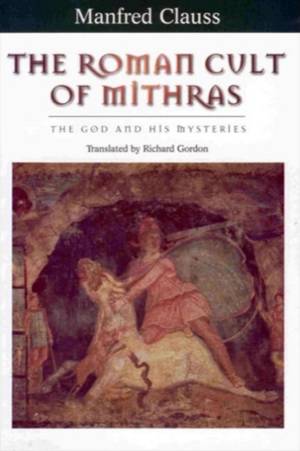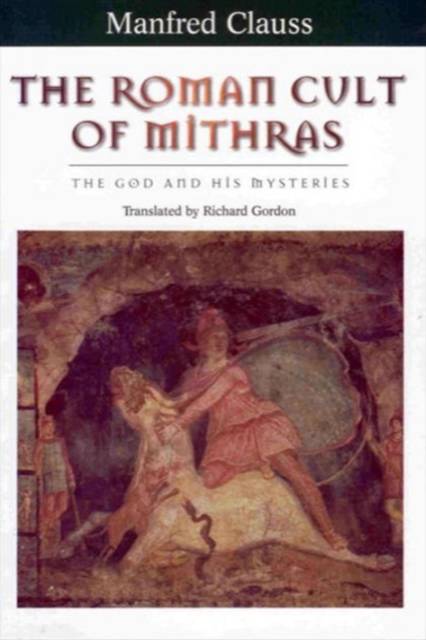
- Retrait gratuit dans votre magasin Club
- 7.000.000 titres dans notre catalogue
- Payer en toute sécurité
- Toujours un magasin près de chez vous
- Retrait gratuit dans votre magasin Club
- 7.000.0000 titres dans notre catalogue
- Payer en toute sécurité
- Toujours un magasin près de chez vous
The Roman Cult of Mithras
The God and His Mysteries
Manfred (Professor of Ancient History, Free University of Berlin
Livre broché
47,45 €
+ 94 points
Description
Since its publication in Germany Manfred Clauss’s introduction to the Roman Mithras cult has become widely accepted as the most reliable, as well as the most readable, account of its elusive and fascinating subject.
Spécifications
Parties prenantes
- Auteur(s) :
- Editeur:
Contenu
- Nombre de pages :
- 256
Caractéristiques
- EAN:
- 9780748613960
- Date de parution :
- 27-07-00
- Format:
- Livre broché
- Dimensions :
- 155 mm x 233 mm
- Poids :
- 346 g

Les avis
Nous publions uniquement les avis qui respectent les conditions requises. Consultez nos conditions pour les avis.






